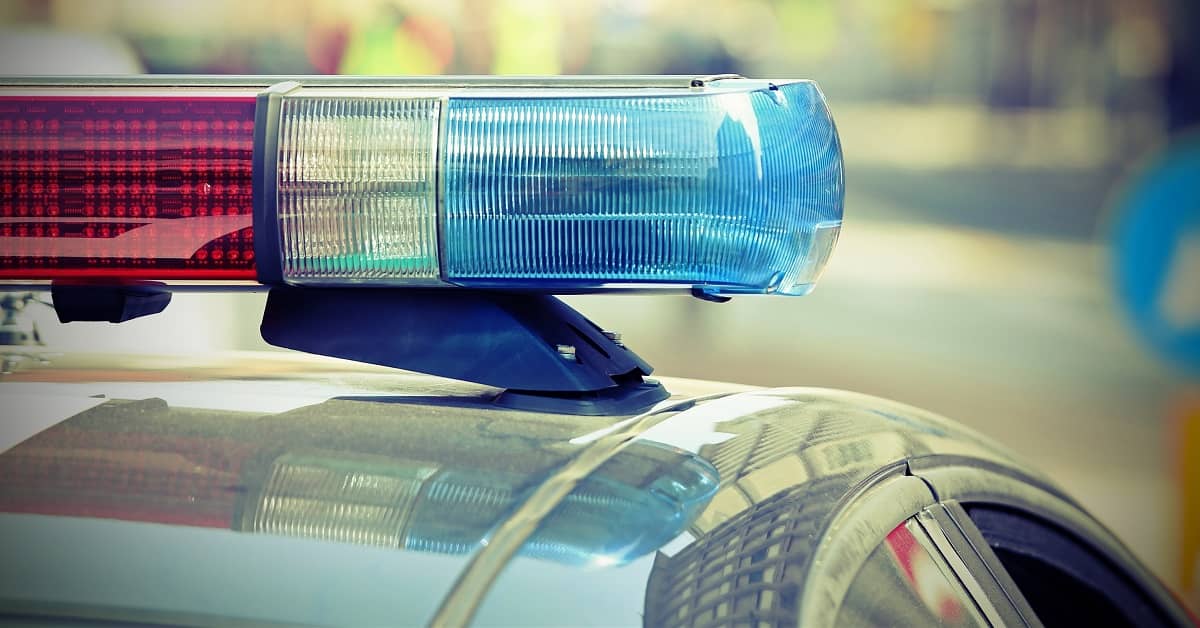
Vehicle accidents are often abrupt, surprising incidents. At the very least, they are inconvenient; at worst, they are highly traumatic.
In the aftermath of such a jarring event, it can be difficult to know what to do next. One of the most common sources of confusion is whether you have to call the police.
Let’s take a closer look at this question, including the specific requirements in Nebraska, why calling the police is almost always a good idea (even if you don’t technically have to), and how a police report may be integral to a car accident claim.
If you are evaluating your legal options after an accident that was caused by the fault of another, we encourage you to reach out to a Nebraska car accident attorney as soon as possible for a free case review. Hauptman, O’Brien, Wolf & Lathrop serves clients in Omaha and throughout the state.
Accident Reporting Requirements in Nebraska
The rules for when a report needs to be filed seem relatively straightforward:
- If someone has been injured or killed
AND/OR - If someone has over $1,000 in damage
That said, how can you know if the damage done is greater than $1,000? You may be able to roughly estimate how much repairs will cost, but without a full evaluation it is not going to be perfectly clear.
Similarly, with injuries, how serious does an injury need to be? If you bump your head lightly – enough to cause a bruise but not a concussion – is that enough to warrant a report?
Ultimately, the point is that unless the accident is so minor that repairs will be merely cosmetic – a dash of paint, for example – you should always call the police.
Why You Should Call the Police After a Car Accident
First and foremost, it is worth reiterating that it can be difficult to assess the seriousness of an accident immediately after the event. You may be disoriented and confused, unsure of how the accident happened or what to do.
The police can be helpful in these situations in several ways. First, if the accident is serious and there are injuries, they may be able to provide some medical assistance while the ambulance is en route. They will also be able to control traffic and make sure everyone is safe from secondary accidents.
They will also be able to act as an intermediary between you and the other driver. While negligent drivers sometimes do the right thing, they may act belligerently or refuse to give you their information. Getting the police involved can bring calm to a tense situation.
Furthermore, if it seems like the other driver is intoxicated, a police officer will be able to perform a roadside sobriety check. The results of the field test could be extremely important for your accident claim.
Requesting the assistance of the police also shows that the accident was serious. If, for example, the other driver convinces you not to call the police, but then you later realize you have an injury that will require medical attention, it might be difficult to explain why you neglected to inform the police immediately after it happened.
However, most importantly, calling the police after an accident will lead to a police report, which can be a significant help to your claim.
How a Police Report Can Help Your Accident Claim
After arriving at the scene of an accident and making sure everyone has the medical attention they need, it is the police officer’s job to investigate what happened. This includes interviewing you and the other driver, along with witnesses, to determine how the accident happened – and coming to a preliminary conclusion as to who was at fault.
This can be invaluable for the success of your claim. After all, it is often difficult to prove negligence after the fact. While you may be able to find video footage, analyze skidmarks, and develop accident reconstruction models, these types of evidence can be difficult – and sometimes expensive – to obtain.
Obtaining a copy of the police report, on the other hand, may only require you to pay a small fee. And, although police reports are generally not admissible in court, they can provide valuable support for your accident claim.
That said, be careful how you talk to the police. Answer their questions directly and honestly, but never provide more information than requested. It is important not to say anything to suggest you were at fault for the accident.
Find Out What to Do After a Car Accident
Handling the aftermath of an accident is not easy. From assessing your damages and receiving medical care to dealing with insurance companies and understanding what compensation you may deserve, it can be an overwhelming, stressful process.
The team at Hauptman, O’Brien, Wolf & Lathrop is here to help. Our experienced, hardworking accident attorneys are passionate about protecting the rights of injured accident victims.
Please call (402) 241-5020 today to speak to a car accident attorney for free. Hauptman, O’Brien, Wolf & Lathrop serves clients in Omaha, Sarpy County, and throughout Nebraska and Iowa.


Lawyer was very , polite respectful when he first came out to see me during my Injury , process was very long , but it was all worth the wait , lawyer also made to ensure to check up throughout the whole process also gave me other resources I needed help with . 10/10 customer service all the way & would work with them any other day ! Thank you Kyle for being great